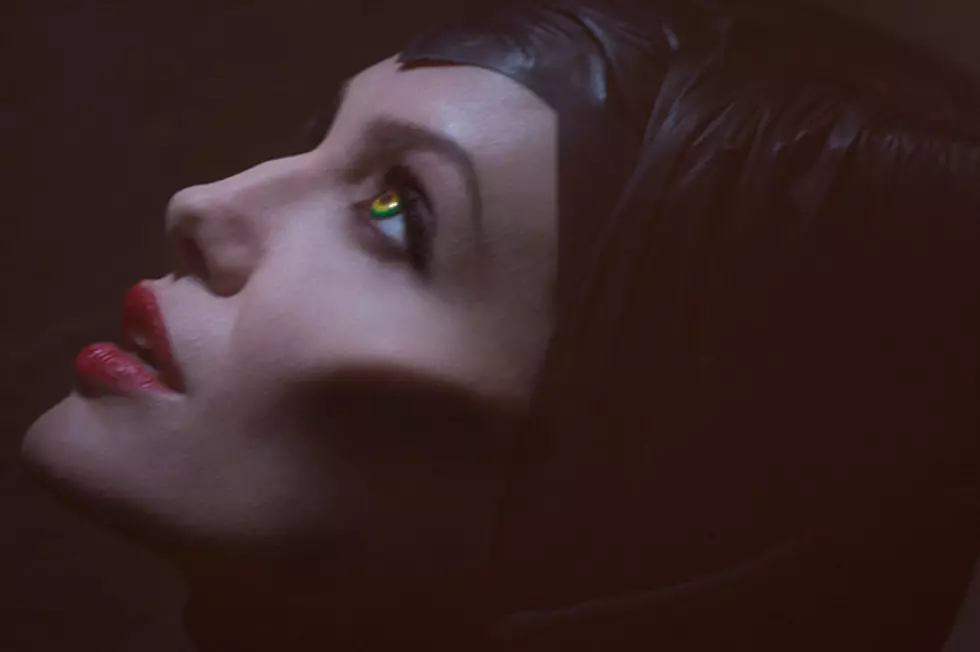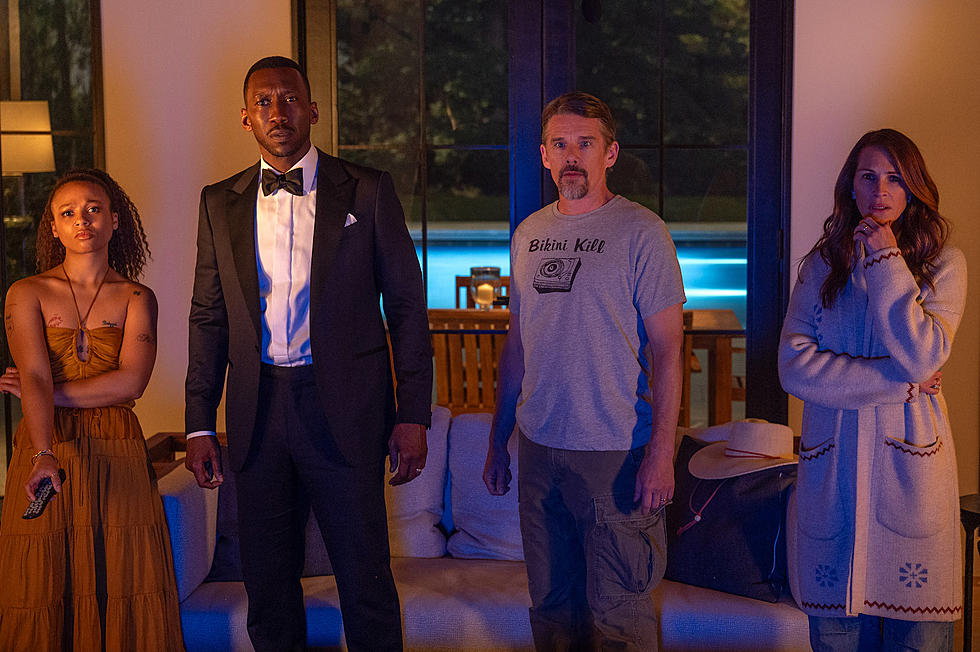
Reel Women: Aging Beauty
Hollywood has been putting a twist on old fairy tales as of late with films like 'Mirror Mirror,' 'Snow White and the Huntsman,' and the upcoming 'Maleficent.' In these films, older actresses battle younger ones to retain their power -- is art imitating life?
It's no secret that Hollywood is all about appearances. We want to look at the most beautiful people in movies because movies are supposed to be more interesting than our lives, and they should have people in them who feel important. Beauty is interesting. Beauty denotes importance and relevance. Beauty is power.
As actresses age, they struggle to maintain the relevancy that put them on top. Women in film are faced with more struggle than men; for instance, an overweight man in a movie is instantly hilarious, while an overweight woman is something to point at and deride, as Tina Fey pointed out to Zach Galifianakis in her 'Between Two Ferns' interview. A man ages and becomes more distinguished, while a woman ages and we wistfully recall her younger years and she's shipped off to L'Oreal to do some commercials about wrinkle cream.
Age is something that no one can fight. You can lose weight, but you can't turn back time. In 'Snow White and the Huntsman,' Charlize Theron's evil queen struggles to remain youthful and vows to kill Kristen Stewart's Snow White for having the gall to rival her beauty -- as if Snow White chose to be so pretty. In 'Mirror Mirror,' Julia Roberts is pitted against Lily Collins in the same evil queen/Snow White dynamic. And in the upcoming 'Maleficent,' Angelia Jolie -- thought by many to be the most beautiful actress alive -- is fighting against up-and-comer Elle Fanning. Regardless of who you find to be more attractive between the older and the younger actress in any of these films, the point is that you're considering which one is more attractive at all, an issue I pointed out in this very column a few weeks ago. And it's because of the way we measure women against each other that Hollywood continues to make things so difficult for them, placing more value on their looks than their talents.
The dynamic is indicative of the basic Hollywood struggle for actresses to remain powerful -- t0 continue making the same money, getting the good parts, and staying just as pretty as they were at their peak. In 'Sunset Blvd.' Gloria Swanson delivers a heartbreaking performance as an aging, reclusive silent film actress who hires a writer to pen a script that will make her relevant once more in a new era of film (take that, 'The Artist'). Though released in 1950, the issues plaguing Swanson's character remain just as relevant -- if not more so -- today.
When you browse the newsstands, you'll find gossip rags with headlines like, "Guess whose chin fat this is?!" or "Shocker! See this starlet without makeup!" But the most egregious headlines are those that call out actresses for their age, as if we should be floored that these women had the nerve to grow older. And even worse -- when they make fun of actresses for getting work done. These magazines are a part of the media machine that continues to make women feel like they're never as good or worthy as the beautiful actresses and models that grace the pages in fashion spreads and interviews. It's almost strangely comforting to know that these women are just as negatively impacted by the media as the rest of us are, as they feel so pressured to be (and stay) beautiful. But unlike us, the media is documenting every passing year of their lives and while we're held up to the Hollywood beauty standard, these women are being held up to themselves with side-by-side "before and after" photos that rub their noses in how they looked just three years ago.
This media is the reason these actresses have plastic surgery, and then they're ridiculed for it. We point and laugh in horror at their foolishness, then we flip the page and recoil at another actress' wrinkles, when she had the good sense not to have work done. It's not just the media -- we are a part of the problem. We buy these magazines, and we buy into them.
So it's not really beauty that holds all the power anymore -- it's the media. And we're just giving it away.
A big part of the female conversation is always how we shouldn't turn against each other because the media needs us to be catty. They need us to claw at each other and fight to be better than each other because it keeps us below men. It keeps us competing with one another for men, and it keeps us insecure and uncertain. Without that, what would they sell us? Why would we think we need perfume or make-up or clothes or the best exercise tips, all the advice on how to be and how we should be -- forget slut-shaming, the media is focused on just shaming you in general for having the nerve to be born a woman.
But what we're not thinking about is the way the media turns us against famous women. We think it's okay because they've put themselves in the public eye, front and center, and they must certainly deserve any critique on their appearance or personality or personal life because they did this to themselves. Not so. They are people just as we are people -- only, more people know their name.
More From ScreenCrush









